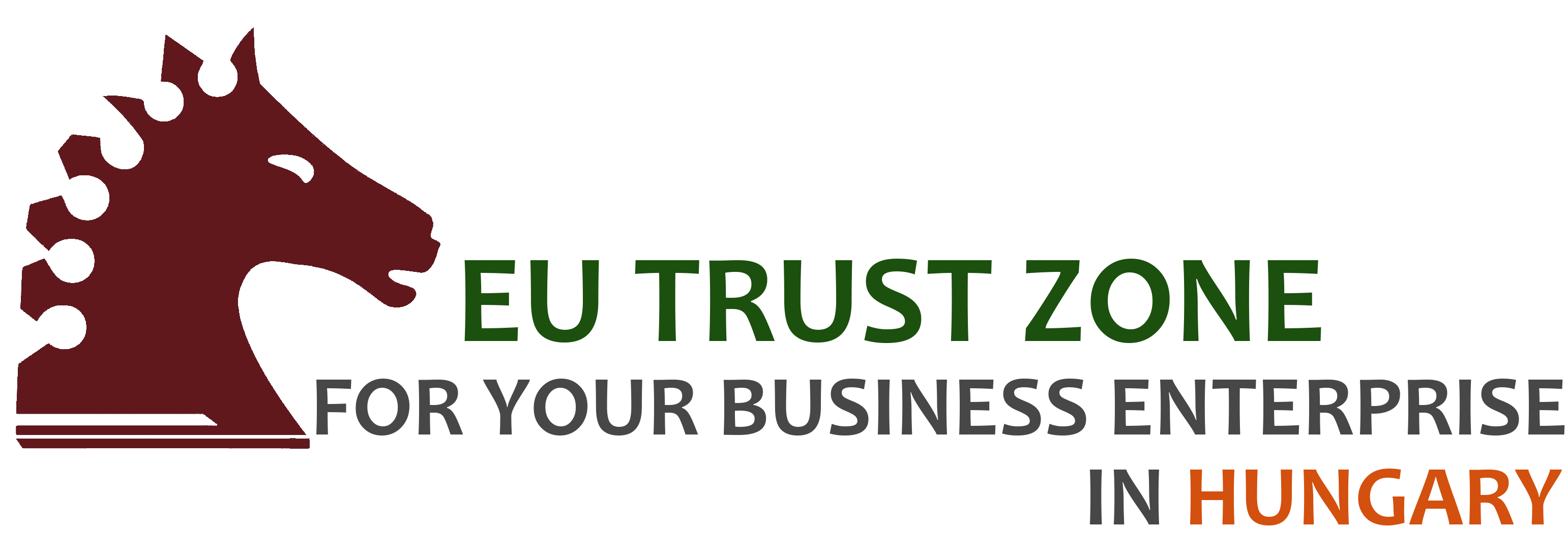In Hungary, the general VAT rate is 27%, in line with the EU VAT Directive. However, certain
goods and services are subject to reduced rates (0%, 5%, and 18%).
VAT returns must be submitted monthly, quarterly, or annually. The submission deadline is the
20th day of the month following the relevant period. Annual VAT returns must be submitted
by February 25 following the tax year.
Intrastat: If a taxpayer engages in EU transactions, they must also submit Intrastat statistical
reports. For 2024, the threshold is HUF 270 million for arrivals and HUF 140 million for
dispatches.
The eVAT system was introduced in early 2024, allowing the tax authority to offer optional
VAT return drafts and administrative benefits to taxpayers.
MOSS System Transition: As of July 1, 2021, the MOSS system was replaced by the OSS
system, with its application extended to distance sales and services provided to non-taxable
persons where the place of supply is in the member state of consumption. Taxpayers
registered in the OSS system can fulfill their tax obligations for multiple member states
simultaneously. VAT returns must be filed quarterly via the electronic OSS and non-EU OSS
systems.
The Import One-Stop Shop (IOSS) applies to distance sales from outside the EU. According
to EU regulations, the distance selling threshold for non-taxable persons is EUR 10,000.
Reduced VAT Rates: Certain goods and services are subject to reduced VAT rates:
0%: From 2024, for daily newspapers published at least four times a week.
5%: Certain types of milk, poultry meat, fish fillets, fresh eggs, medicines, books,
periodicals, large live animals, district heating services, live instrumental music
performances by artists at events, commercial accommodation services, restaurant
services, and internet access.
18%: Dairy products, products made from milk, cereals, flour, starch, and entry-only
services to outdoor events.
Note: VAT on certain services and products cannot be deducted, such as various fuels,
motorcycles, passenger cars, taxi services, parking services, food and beverages, catering
services, residential properties, and activities related to their renovation.
Domestic Reverse Charge Mechanism:
When both the buyer and the seller are VAT-registered in Hungary, and neither has a VAT
exemption, certain services and sales of goods are subject to the domestic reverse charge
mechanism. In this case, the seller does not charge VAT on the invoice but indicates that the
reverse charge rules apply, making the buyer responsible for paying the VAT to the tax
authority.
Domestic reverse charge applies to construction and assembly services that require building
authority approval or involve the creation, expansion, modification, or demolition of
properties. It also applies to certain metal products, cereals, property sales (if the seller opts
for taxation), and specific collateral-related services.
Real-Time Invoice Data Reporting:
Legislation mandates the immediate and automatic transmission of invoice data to the
Hungarian Tax Authority, integrated with the taxpayer’s invoicing software. As of April 1,
2021, real-time invoice data reporting covers almost all outgoing invoices issued under
Hungarian VAT numbers.
Get Personalized Tax Consultation
Are you looking for expert advice on your personal income tax or need assistance with tax returns? Contact Eu Trust Zone Group today for a personalized consultation tailored to your unique needs. Our experienced consultants are here to help you navigate the complexities of the tax system.

